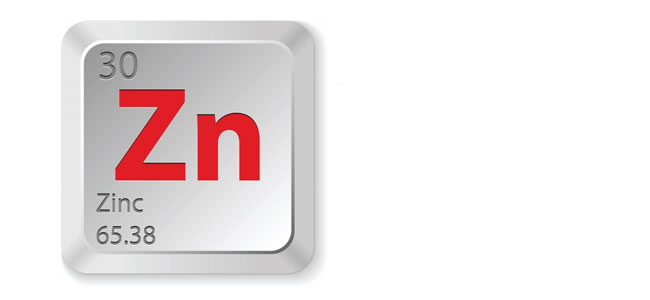Athlete populations seem to be more prone to zinc deficiency, so those that train on a regular basis would fit into that same population. Red blood cell zinc is a much more effective measurement than serum zinc levels and test should be carried out before any high dose supplementation as high dose zinc can cause copper insufficiency, stomach upset and even stress liver and kidney function.
A dose of around 25-30mg of elemental zinc per day is a fairly standard dose, but dosages over 3 x that have been used in studies showing relationships between correcting low zinc and raising testosterone production or preventing reductions in testosterone caused by high training volume. Elemental zinc refers to the weight of zinc itself, excluding the weight of the compound it is supplemented with to aid absorption. Using a product that is clear about the level of elemental zinc is crucial.
Zinc may also compete for absorption in the stomach with magnesium, calcium and iron, so high dose supplementation should be taken at different times.
Good food sources of zinc
- Calfs Liver
- Oysters
- Spinach
- Beef
- Lamb
- Asparagus
- Venison
- Sea Vegetables
- Pumpkin Seeds
- Broccoli
- Sesame Seeds
Signs of zinc insufficiency
- Poor growth
- Regular colds, infections or flu
- Alopecia
- Eye and skin diseases
- Diarrhea
- Loss of smell or taste
- White spots in the nails
Contact Steve Grant Health
To learn more out how Steve Grant Health can assist you on your journey, please fill out the enquiry form below.
Please note that depending on your specific circumstances and goals, Steve may recommend that you work with one of the specialist practitioners within his network of trusted professionals.
If you have been referred by a clinician, please complete the form and ensure that you state who has referred you or have your practitioner email Steve direct to make a referral that way.
Click the button below to open the client enquiry form:
[widgetkit id=”643″]


